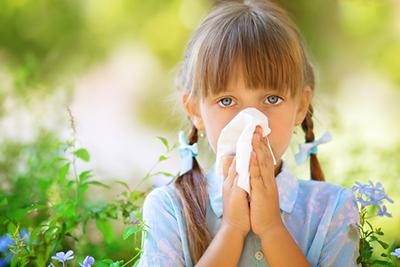
Allergies are your body's way of reacting to substances it perceives as harmful, even if they are typically harmless. Anyone, regardless of age or gender, can experience allergies. Common allergens include pollen, dust mites, pet dander, certain foods (like peanuts or shellfish), and insect stings.
Allergic reactions vary in intensity. Mild symptoms might involve sneezing, itching, or a runny nose, while more severe reactions can be life-threatening. It's crucial to recognize when to seek an allergist's attention. If, for instance, you experience difficulty breathing after consuming a specific food, like nuts, or if your skin develops hives or swells rapidly following a bee sting, these are red flags requiring immediate medical attention.
Persistent symptoms like chronic nasal congestion, frequent sneezing, or recurring skin rashes might indicate underlying allergies that need evaluation by an allergist. An allergist can conduct tests to identify specific triggers and recommend tailored treatment plans, allergy shots, medications, or lifestyle changes.
Managing Allergies in Children: Tips for Parents
Managing your child's allergies can be challenging, but you can ensure their safety and well-being with strategies. First and foremost, educate yourself about your child's specific allergies, triggers, and symptoms. Knowing what to watch for is crucial. For instance, if your child has a peanut allergy, diligently read food labels and ask about ingredients when dining out.
Communication is key. Make sure your child understands their allergies and can advocate for themselves. Teach them to ask about ingredients and inform others about their allergies. For instance, practice scenarios where your child confidently tells a friend, "I can't have nuts, so please don't share your snacks with me."
Create a safe environment by allergen-proofing your home. Keep allergenic foods separate from safe ones, and label food containers clearly. For example, store peanut butter away from other spreads and use distinct containers for allergen-free snacks.
Collaborate with school staff and caregivers. Provide each person with an allergy action plan and ensure they receive proper training to administer an epinephrine auto-injector when necessary. Stay prepared by always carrying an epinephrine auto-injector, antihistamines, and a copy of your child's allergy action plan when you're out. Practice using the auto-injector so you're ready in an emergency.
How Our Allergist Can Help
An allergist is a crucial ally in the battle against allergies. These specialists identify and treat allergic conditions, offering essential relief. Through comprehensive testing, they pinpoint specific allergens triggering your symptoms, clarifying what to avoid.
With this knowledge, allergists create personalized treatment plans, often involving medication, immunotherapy, or lifestyle adjustments. Regular check-ups ensure progress and adaptation as needed. With their guidance, you can regain control over your life, minimizing allergic reactions and enjoying a better quality of life.
Please explore our website to learn about the conditions we treat and the services provided. Do you suffer from persistent allergies that disrupt your daily life? Don't let them hold you back any longer—schedule an appointment with our expert allergist today to find relief and regain control of your health.
